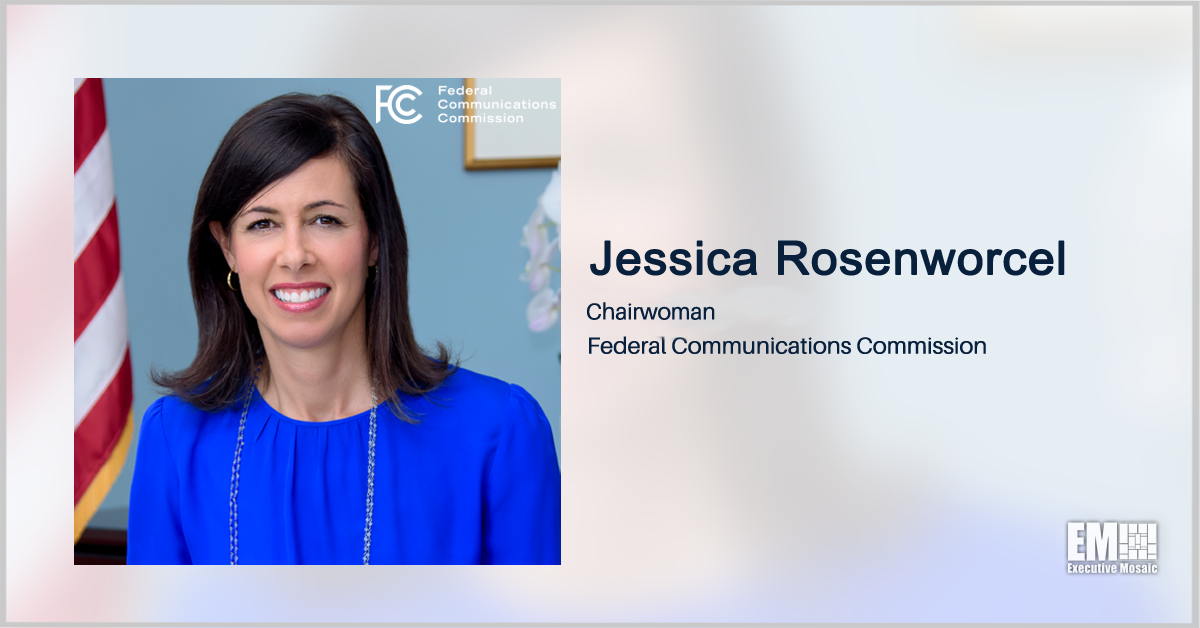Jessica Rosenworcel, who chairs the Federal Communications Commission (FCC), has received President Biden’s pick to serve as an FCC commissioner.
The nominee formerly served as an FCC commissioner and worked on efforts to help students overcome the homework gap, the difficulty of not being able to do school assignments due to lack of broadband access, the White House said Tuesday.
She also used FCC’s Emergency Broadband Benefit program to help financially challenged households access the internet. The tenured FCC officer also boosted consumer protections in the government’s telecommunications policies.
Her career also includes work with the Senate Committee on Commerce, Science and Transportation, where she served as senior communications counsel.





